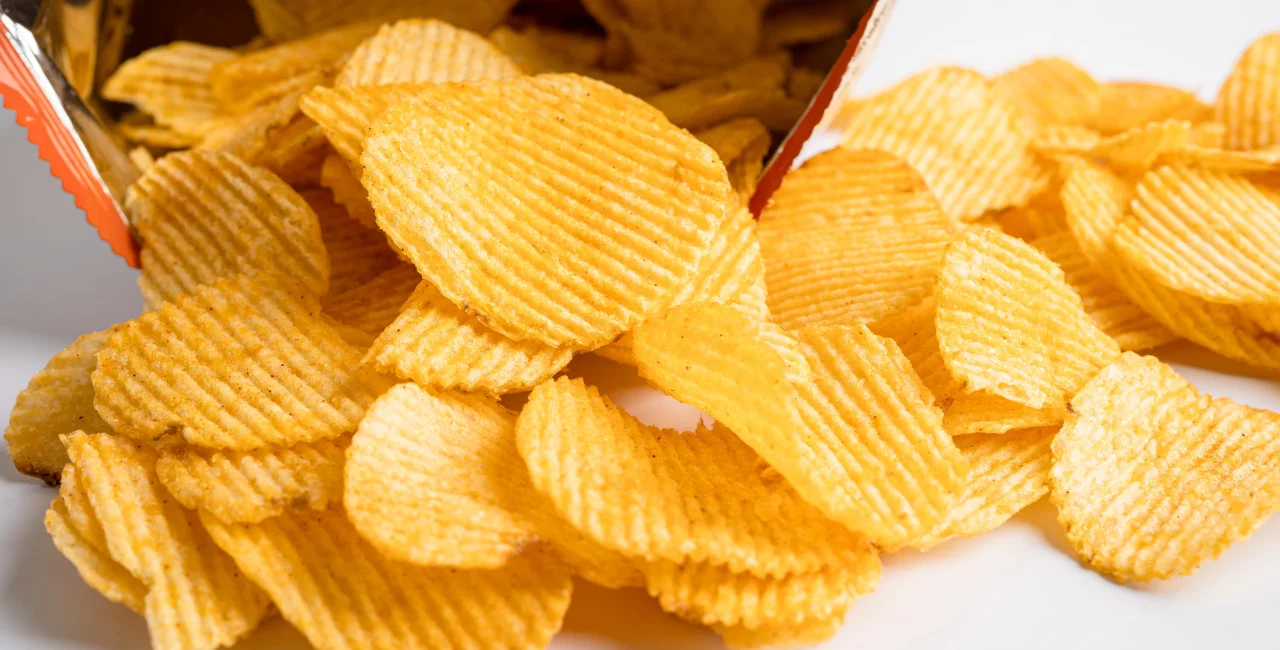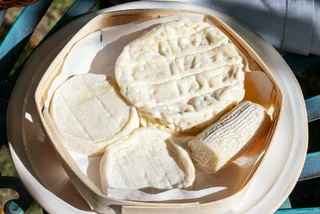If you’re a fan of smoky barbecue chips or sauces in Czech supermarkets, you may soon notice a change. The European Union has confirmed it will phase out artificial smoky flavorings, a move that will reshape the taste of everyday products from snacks to ready-made meals.
For consumers in Czechia, popular snacks like bacon, paprika, garlic-flavored chips, processed cheeses, sausages, and salami may look or taste different in the future as manufacturers replace liquid smoke flavorings. While charcuterie board favorites will remain available, items using chemical smoke flavorings must be changed within the next few years.
The European Food Safety Authority (EFSA) reviewed eight widely used smoke flavorings and concluded that DNA damage and a potential cancer risk could not be ruled out for most of them. Based on this assessment, the European Commission decided not to renew authorizations, meaning the additives must be withdrawn.
Questions around snack safety
Smoke flavorings, also known as liquid smoke, have been common in the food industry for decades. Created by condensing and filtering real wood smoke, the substance is added to foods to deliver a smoky taste without using a smokehouse. It appears in a wide range of products beyond meat, including sauces, crisps, soups, and even nut mixes.
Marek Zemánek, spokesperson for the Czech Food Chamber, said the ban reflects growing awareness of the health risks of industrial additives.
“Smoke flavorings were originally a shortcut for producers, but their widespread use exposed consumers to higher doses than intended. The EU’s decision gives manufacturers time to switch to safer alternatives without compromising food safety,” he said.
The phase-out will take place in stages: manufacturers of snacks, sauces, and other “imitation smoked” foods must stop using the additives by summer 2026, while producers of meat, fish, and dairy that use liquid smoke as a substitute for real smoking have until July 2029.
Czech food companies are preparing
Orkla Foods, behind brands like Vitana and Hamé, said it has begun reformulating products to meet the new rules. Some businesses are testing natural alternatives, such as roasted grain or spice extracts, while others may return to traditional wood smoking despite higher costs.
For smaller producers, the impact may be minimal. Many already rely on traditional smoking, and some products are labeled “smoked with natural smoke” to distinguish them from those flavored with additives.

Companies such as Svět plodů, which sells smoked nuts, told Czech publication iDnes, the shift will not raise prices for consumers, since global harvests affect costs far more than additives.
The EU’s decision aligns with broader efforts to reduce potentially harmful additives in processed foods. For shoppers in Czechia, the most significant change will be in labeling and taste.
European Commission spokeswoman Eva Hrnčířová stressed that EFSA’s opinions only concern smoke flavourings, not traditionally smoked foods. “The European Commission is not considering a ban on traditional smoking,” she added.
For consumers concerned about the use of liquid smoke, look for labels indicating “naturally smoked” or “traditionally smoked” products.












 Reading time: 2 minutes
Reading time: 2 minutes 



 English
English
 Czech
Czech
 German
German
 Norwegian
Norwegian
 Danish
Danish

























